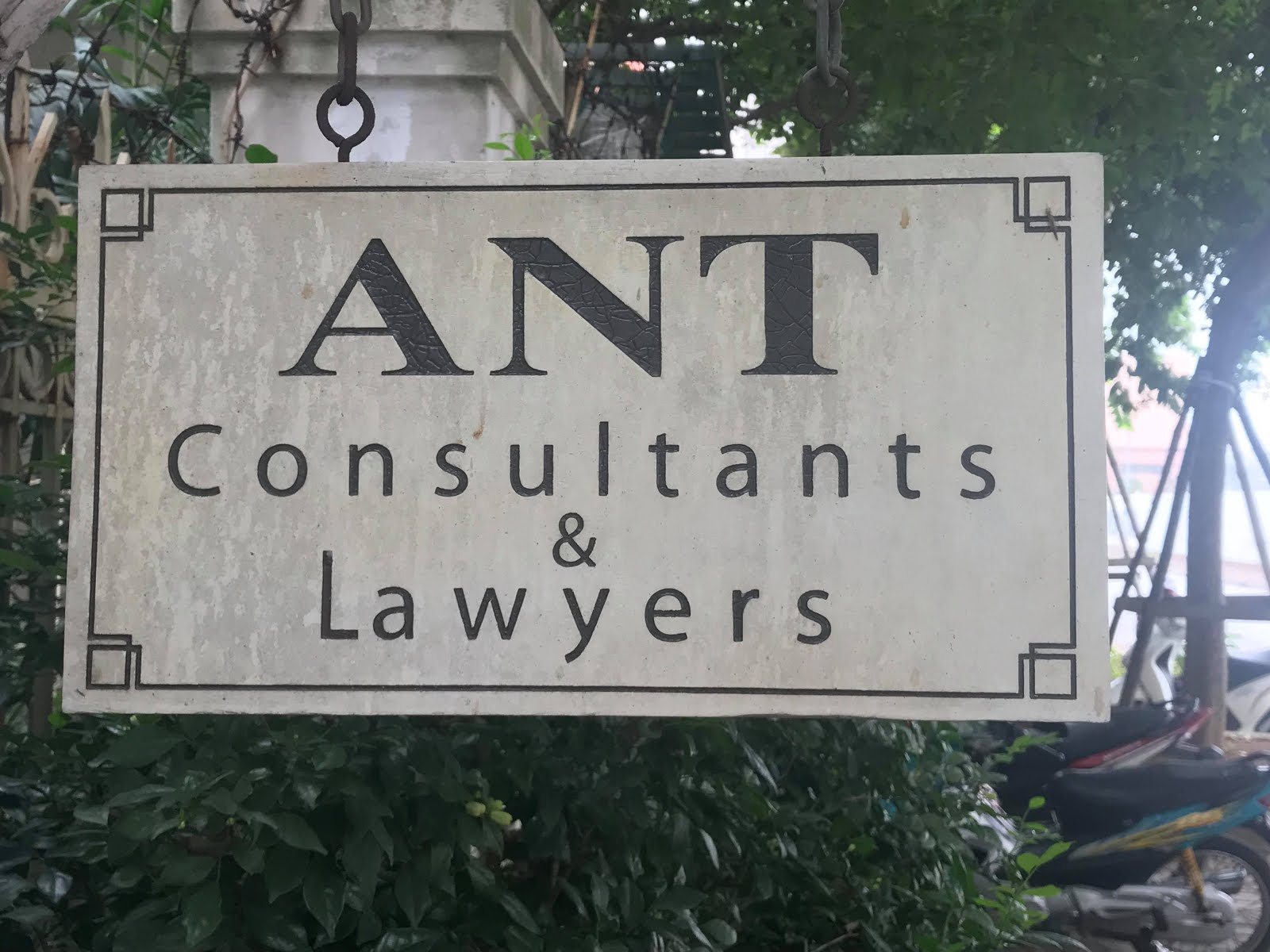What Are Regulations on Debt Trading Contracts in Vietnam?
Along with the development of socio-economic activities, right to collect debt has become an asset right, hence its transferability is also recognized. Vietnam law recognizes debt as a commodity that can be traded through a debt trading contract. However, in order for the debt trading contract to be legally valid and ensure the rights and obligations are enforced, the parties need to pay attention to the provisions on the debt trading contract.
Debt trading contract in Vietnam
Firstly, in terms of the right to enter into a debt trading contract, according to the provisions of the Civil Code on the sale and purchase of property rights, the property right is the right to claim debt in Vietnam. Accordingly, the right to recover debt becomes the subject of a contract that the parties can transfer as if it were a special type of property. In addition, the debt trading contract aims to transfer ownership of the right of debt recovery and at the same time transfer the debt seller’s obligations to the debt purchaser. This is a transaction that does not affect the interests of the debtor totally. Therefore, the transfer of the right to demand does not require the consent of the obligor, whereby the parties can enter into a debt trading contract without the consent of the debtor.
Secondly, in terms of the form of the debt trading contract, based on the provisions of law prescribing debt trading contract by credit institutions and foreign bank branches, debt trading contract is a written agreement on the transfer of the right to collect debt for a debt arising from a lending operation, payment on behalf of the guarantee, whereby the debt seller transfers ownership of the debt to the debt purchaser and receives payment from the debt purchaser. Therefore, the debt trading contract must be made as a written document.
Furthermore, the debt trading contract must be signed by the legal representative or the authorized representative of the debt purchase and sale parties. Therefore, according to this provision, the debt trading contract does not require the parties to be notarized or authenticated. If necessary, the parties can agree on the notarization or authentication of the debt trading contract. In addition, the parties can make an agreement that the contract can be made in a foreign language and the parties need to consent on which language of the contract will be used in case of a dispute arisen. In addition, in case the debt purchaser and debt seller are organizations with legal status, in addition to the legal representative to sign, the contract needs to be stamped. These are strict regulations on the established form to ensure the legality of the contract’s form.
Thirdly, when drafting a debt trading contract, it must contains the following principal contents: (i) Time for signing the debt trading contract; (ii) Names and addresses of the parties to the debt trading contract; (iii) Name and title of the representative of the parties to the debt trading contract; (iv) Name and address of the debtor and related parties (if any) to the purchased or sold debt; (v) Details of debt purchased and sold: Loan amount, loan period, purpose, book value of the debt up to the time of debt purchase and sale; (vi) Security measures for the debtor’s payment obligation for the purchased or sold debt (if any); (vii) Debt selling price, payment method, payment term; (viii) Time, method and procedures for transferring debt documents and records, including dossiers and documents on debt security (if any); The time the debt purchaser becomes the subrogator, the debt seller has obligations; (ix) Rights and obligations of debt sellers and debt buyers; (x) Liability of the parties for breach of contract; (xi) Settlement of arising disputes. These are the basic and mandatory contents of a debt trading contract. In addition, the parties can make agree on other contents in the debt trading contract that are not contrary to the provisions of the laws.
In addition, during the implementation of the debt trading contract, the law allows the parties to agree to amend, supplement or cancel the content of the debt trading contract. However, the decision to amend, supplement or cancel must be based on ensuring compliance with the provisions of law.
Therefore, the establishment of a debt trading contract in Vietnam is basically the same as other property rights transfer transactions. However, debt is a special object of property rights, therefore the parties need to strictly comply with the provisions of law on the content and form of the contract to ensure the legality of the contract as well as the rights and obligations of the parties. It is suggested to engage lawyers with specialization in debt recovery and dispute resolution to assist drafting or reviewing debt trading contract for its effective usage.
ANT Lawyers – A Law Firm in Vietnam with international standard, local expertise and strong international network. We focus on customers’ needs and provide clients with a high quality legal advice and services. For advice or services request, please contact us via email ant@antlawyers.vn, or call us +84 24 730 86 529.























.jpg)



.jpg)
.jpg)